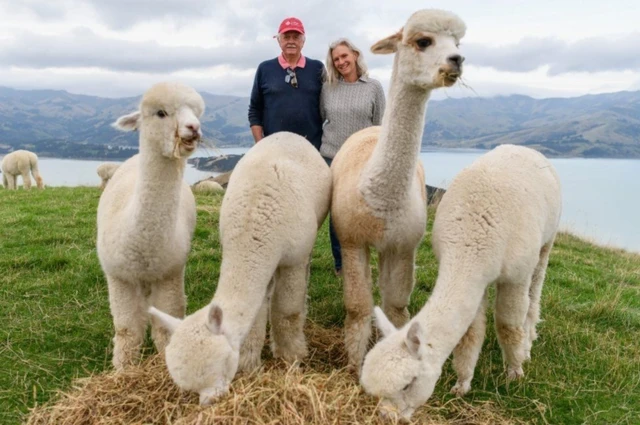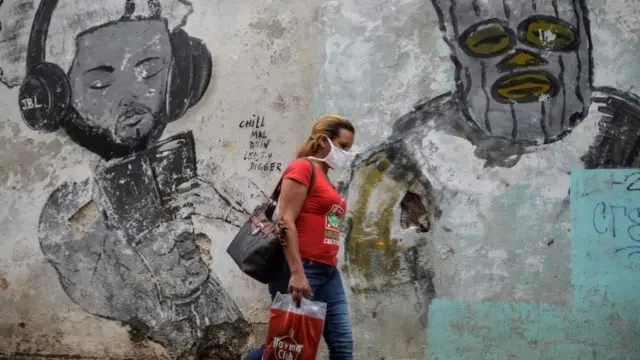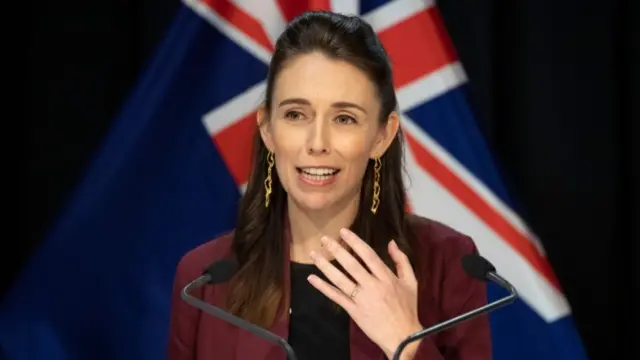New Zealand to drop restrictions by midnightpublished at 04:21 BST 8 June 2020Breaking
New Zealand will move to its lowest alert level by midnight, Prime Minister Jacinda Ardern has announced.
That means all restrictions within the country will be lifted - only borders will remain closed.
Public and private events, retail, hospitality, public transport and domestic travel will all be allowed without any restrictions.
Ardern said New Zealand had "united in unprecedented ways to crush the virus" - but warned that "elimination is not a point in time but a sustained effort" and that the country would "almost certainly see cases again".


